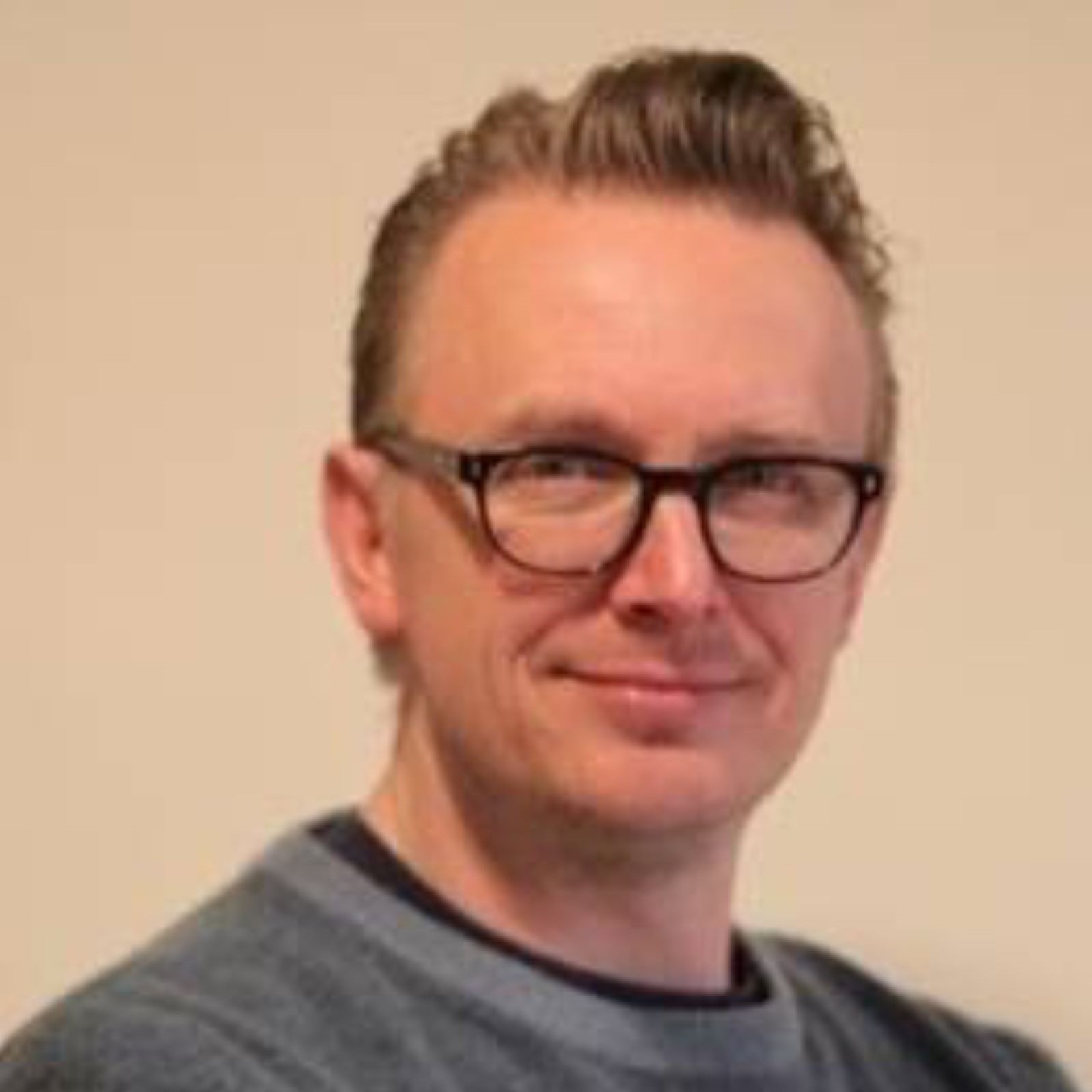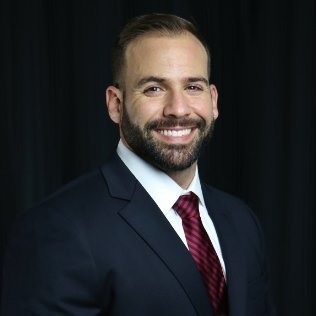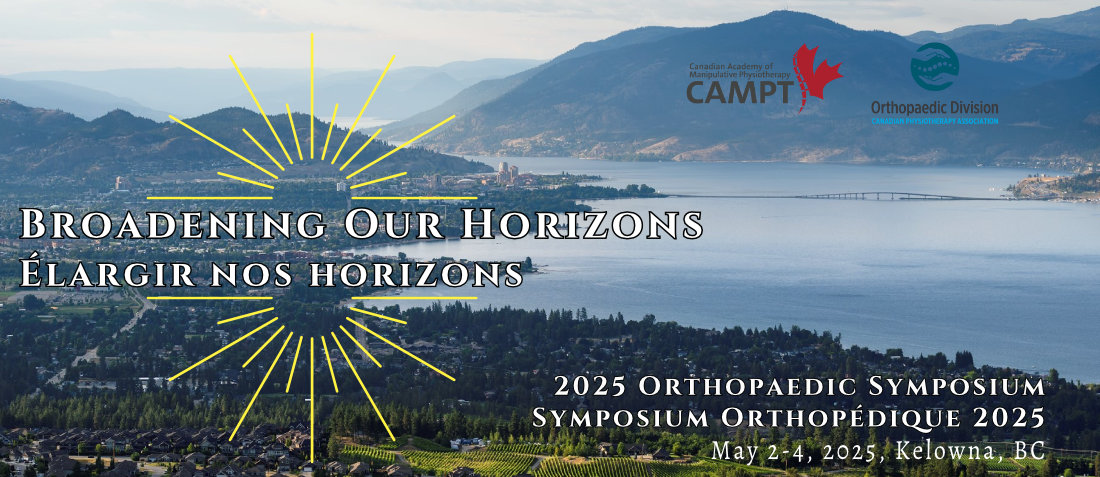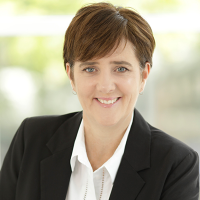Keynotes and Plenary Presenters
 Dr. Duncan Reid
Dr. Duncan Reid
Dr. Duncan Reid is a Professor of Physiotherapy at AUT. Duncan has been a qualified physiotherapist for over 40 years and has been a physiotherapist to NZ Olympic Games team in the past. He is the former Vice President of IFOMPT. His research interests are in injury prevention, ACL rehabilitation and sports-related concussion.
Improving the impact of Manual Therapy in Clinical Practice
In recent years the use of manual therapy in clinical practice appears to have fallen out of favour. There are a number of reasons for this starting from the amount of time given to teaching of manual therapy skills in pre-registration programmes, the ability to receive appropriate mentorship in clinical practice, and the fear of causing harm with high velocity thrust techniques particularly in the cervical spine to name but a few. This presentation will endeavour to bring some balance and perspective to use of manual therapy to enhance patients’ clinical outcomes with key musculoskeletal conditions.
Dr. Alison Grimaldi, BPhty, MPhty(Sports), PhD is an Australian Sports Physiotherapist and practice principal of PhysioTec in Brisbane, with 30 years of clinical experience and a special interest in hip conditions. She is also an Adjunct Senior Research Fellow at UQ and runs an online Hip Academy at dralisongrimaldi.com.
Gluteal Tendinopathy – Steps Towards Success
Gluteal tendinopathy is a prevalent condition, particularly in post-menopausal women. It is associated with substantial impacts on sleep and weightbearing function with quality-of-life similar to that of end-stage hip osteoarthritis. Diagnosis is often delayed, and first line management usually involves corticosteroid injection with little or no active intervention. This keynote address will outline the current evidence base around pathoaetiology, diagnosis and impairments associated with gluteal tendinopathy, and a management approach that has been shown to be highly successful in rigorous RCT conditions. Clinicians will receive plenty of practical tips to implement immediately in the clinic.
Session Info: Saturday, April 29th at 8:30AM – Main Ballroom
 Dr. Roger Kerry
Dr. Roger Kerry
Dr. Roger Kerry is an Associate Professor in the Faculty of Medicine and Health Sciences at the University of Nottingham, UK. He is an honorary Fellow of the UK’s Musculoskeletal Association of Chartered Physiotherapists. His main clinical research interests have been in adverse events and physiotherapy interventions of the head and neck.
A New Way to Teach and Practice Manual Therapy
With emerging data, we are starting to understand more about the effects and mechanisms (or lack of) of hands-on interventions such as manual therapy. This session proposes a ‘new way’ to teach and practice manual therapy which aligns more closely to scientific data and person-centered healthcare than the traditional approaches to manual therapy.
The proposal challenges the way we traditionally think about manual therapy, and re-frame this clinical approach in a humanistic, ‘best practice’ healthcare context. The session draws on the experience of 7 years of teaching this approach at the University of Nottingham in the United Kingdom.
 Professor Pierre Langevin
Professor Pierre Langevin
Pierre Langevin is a 25 years of experience physiotherapist and CAMPT member. He holds a Master from UWO and currently completes a PhD at Université Laval. He is an instructor, clinical researcher and clinician with concussion and neck pain. Pierre has published several research articles and presented in several conferences.
Update on Concussion Management for Physiotherapists
In this presentation, the effect of a clinical intervention approach including cervicovestibular rehabilitation and aerobic exercise on adults with concussion will be presented. A summary of the most recent international expert’s consensus on concussion management will be provided with the intent to provide clinical tools to physiotherapists to help patients with persistent symptoms following a concussion.
 Dr. Sukhvinder Kalsi-Ryan
Dr. Sukhvinder Kalsi-Ryan
Dr. Sukhvinder Kalsi-Ryan (PT, BScPT, MSc., PhD) is a clinician scientist in the field of neurological rehabilitation with a special interest in upper limb assessment, recovery, neuro-restoration and spine pathology at KITE Research Institute-UHN, and is also Assistant Professor at the University of Toronto, Department of Physical Therapy. Her research is oriented to establishing methods to quantify neurological change after injury and studying neuro-restorative methods to enhance and optimize function for those with neurological impairment. She is an extramurally funded mid-career scientist with a passion to contribute to the transformation of rehabilitation.
Defining the place of rehabilitation in the management of degenerative cervical myelopathy (DCM)
The role of rehabilitation and rehab professionals in the management of DCM is relatively new and under-established. While this population presents with, a number of rehabilitation issues, little resource has been put forth to provide DCM patients with multi-disciplinary. There is evidence to develop guiding principles of rehabilitation for DCM, particularly the role of Physical Therapists both in the community (private practice) and in the institutions (public). Management of DCM can be enhanced by building stronger multi-disciplinary support for this population. We take a closer look at how physical therapists can have a significant impact on the well-being of individuals with DCM.
 Dr. Jordan Feigenbaum
Dr. Jordan Feigenbaum
Dr. Jordan Feigenbaum is a physician, strength coach, and competitive powerlifter. He started Barbell Medicine in an effort to combine the best of modern medicine and strength and conditioning. Jordan is passionate about a variety of issues related to public health, education, and sport.
Strength Training in Rehab and Beyond
This session will discuss practical approaches to programming and implementing strength training in the rehab setting in order to improve both outcomes after injury and long-term health.
 Dr. Kelli Berzuk
Dr. Kelli Berzuk
Dr. Kelli Berzuk is a physiotherapist with close to 30 years of clinical experience focused on pelvic floor health. She received post-graduate Certification in Pelvic Floor Rehabilitation and Continence through the University of Melbourne, Australia, and a Master of Science and PhD in Urogyne-Colorectal Medicine through the University of Manitoba.
 Dr. Alison Rushton
Dr. Alison Rushton
Alison is Professor and Director of Physical Therapy at Western University. Alison has a strong research profile reflected in a h-index of 36 and i10-index of 84, with >£2M funding, £11M research centre funding, and >225 publications. Her research is at the forefront of understanding assessment and management of musculoskeletal disorders particularly spinal pain, focused on precision rehabilitation.
Alison’s has >$1.5 million active funding supporting research projects that are collaborative with teams of national/international researchers and clinical sites and patients focused to personalized rehabilitation for patients presenting with musculoskeletal pain of spinal and traumatic origin.
Alison has been awarded fellowships from the Chartered Society of Physiotherapy and Musculoskeletal Association of Chartered Physiotherapists in the UK and the International Federation of Orthopaedic Manipulative Physical Therapists internationally for her national/international contribution to musculoskeletal physiotherapy research/education.
International position statement: Examination of the Cervical Region for potential of vascular pathologies of the neck prior to Musculoskeletal Intervention
Vascular pathologies of the neck are a rare but important consideration for musculoskeletal examination of the cervical spine. This position statement provides a framework for effective clinical reasoning, by considering the breadth and complexity of evidence to inform clinical reasoning for cervical presentations. Developed from the international IFOMPT cervical framework, this position statement uses best contemporary evidence and expert opinion to assist clinical reasoning processes when considering presentations involving the head and neck.
The framework was developed through rigorous consensus across n=22 countries. Through an iterative consultative process, drafts of the framework were developed and circulated for review and feedback. Case histories illustrate the clinical reasoning required for safe and effective practice. A visual tool is used to illustrate the level of support for a vasculogenic hypothesis. Level of support (low, moderate or high) influences subsequent decision-making processes.

